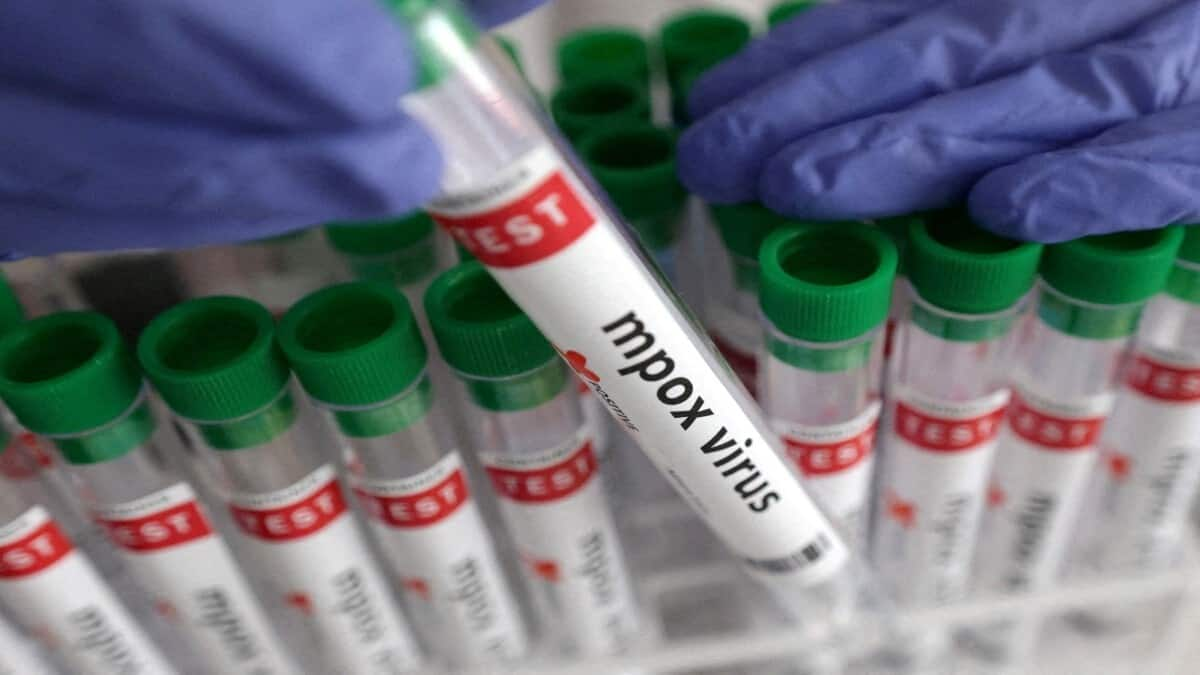
Pakistan's Peshawar emerges as mpox 'epicenter', sparks concern
What's the story
Peshawar city in Pakistan has been identified as the "epicenter" of the rapidly spreading monkeypox (mpox) virus.
This comes after the country confirmed its fifth mpox case on Sunday.
The latest patient is a 47-year-old man who tested positive for the virus at Bacha Khan International Airport after returning from an unnamed Gulf country.
Notably, the World Health Organization has declared mpox a global health emergency for the second time in two years.
Health emergency
Fifth monkeypox case sparks global health concerns
The latest patient was isolated by Border Health Services staff on August 29 after presenting symptoms of mpox, according to Sajid Shah, spokesperson for Pakistan's National Health Service Ministry.
"This is the fifth mpox case reported this year (in the country) and the fourth since WHO declared mpox a global health emergency," Federal Director General of Health Dr Shabana Saleem said on Sunday.
Virus transmission
Peshawar hotspot for virus transmission
All other cases have been reported from the predominantly tribal Khyber Pakhtunkhwa province.
On August 28, a 51-year-old man who returned from Saudi Arabia was isolated in Peshawar for a similar reason, according to Pakistan's Dawn report.
"The virus' re-emergence in Peshawar raises serious concerns about its transmission and demands immediate action," Saleem said.
Containment efforts
Pakistan intensifies measures to contain mpox spread
In response to the situation, Pakistani authorities have implemented stringent screening protocols at all airports.
"We are not taking any chances. Effective screening systems are operational across the country," Saleem said, adding that the government is commited to safeguarding public health.
Federal and provincial health officials are also coordinating closely to monitor the situation, ensuring that all necessary steps are taken swiftly.
Vaccine procurement
UNICEF initiates emergency procurement of mpox vaccines
Meanwhile, the United Nations Children's Fund (UNICEF) has launched an emergency tender to procure mpox vaccines for crisis-affected countries.
Working alongside the Gavi vaccine alliance, Africa Centres for Disease Control and Prevention, and the WHO, agreements could be made for up to 12 million doses by 2025 depending on manufacturers' production capacities.
The UNICEF plans to establish conditional supply agreements with vaccine manufacturers under the tender.